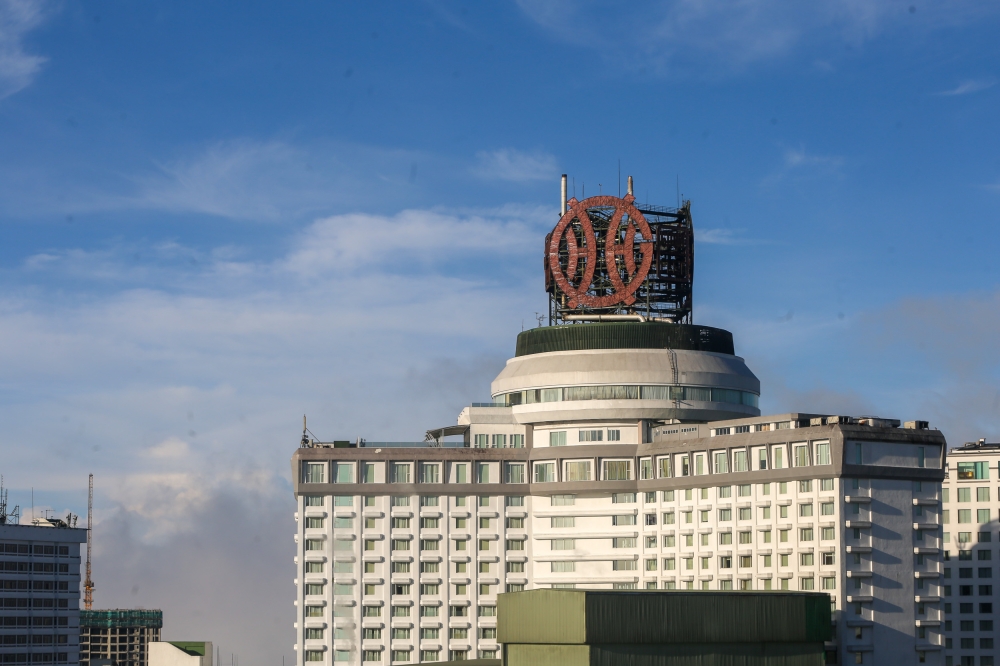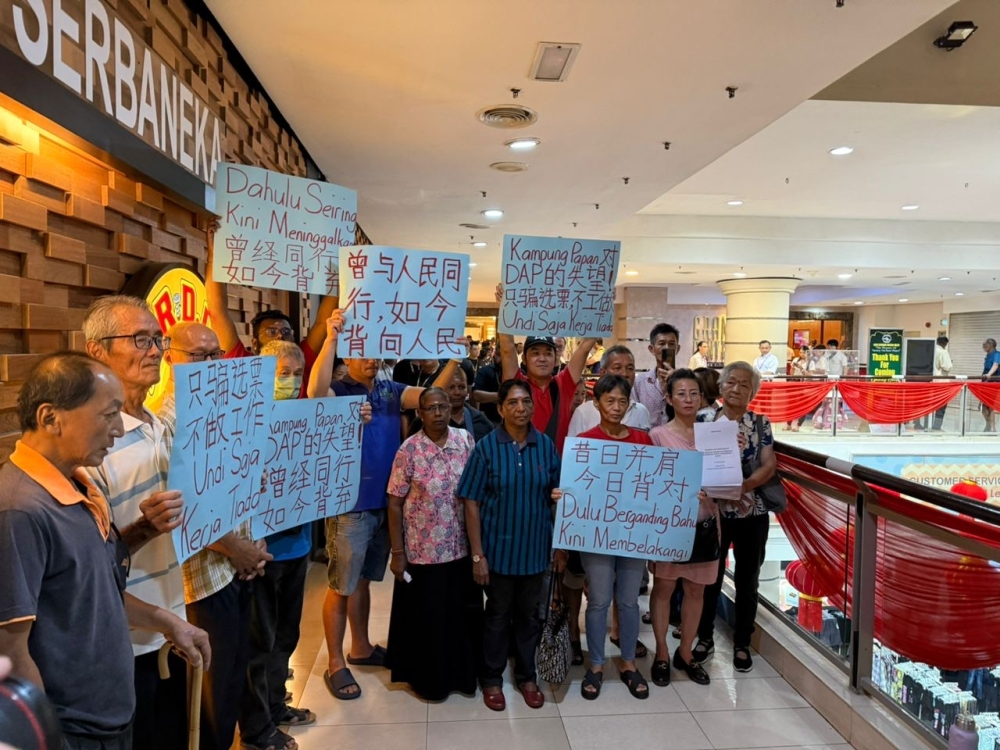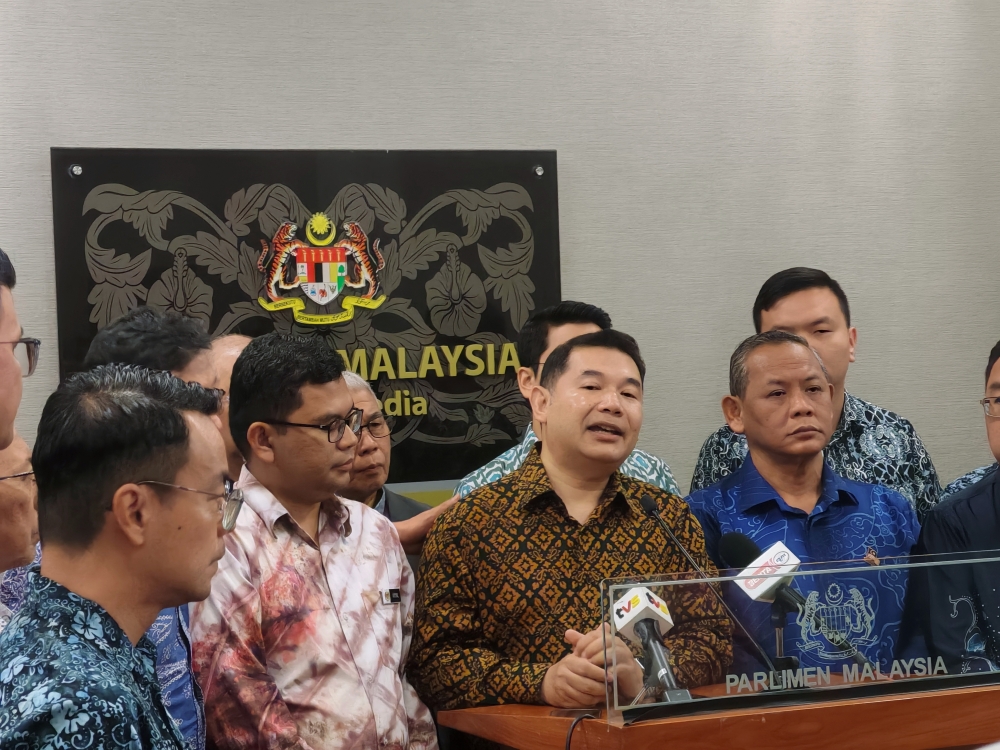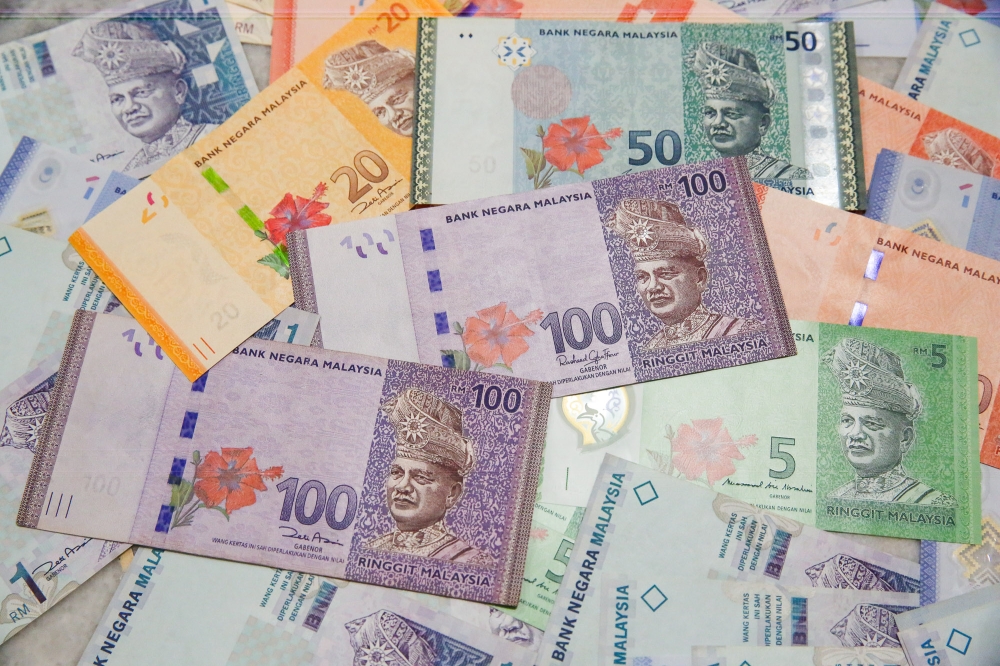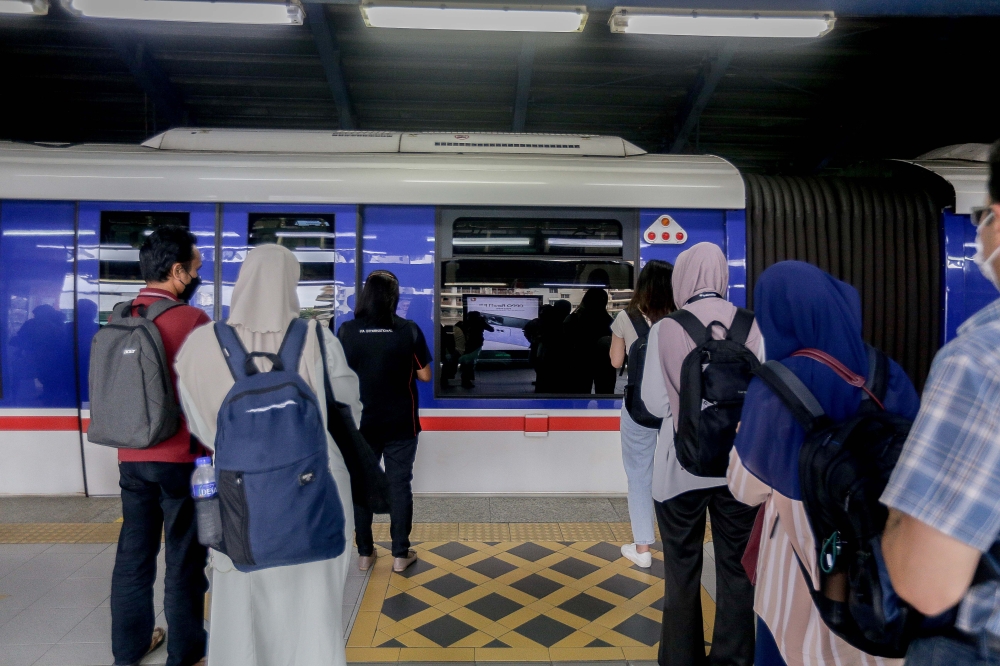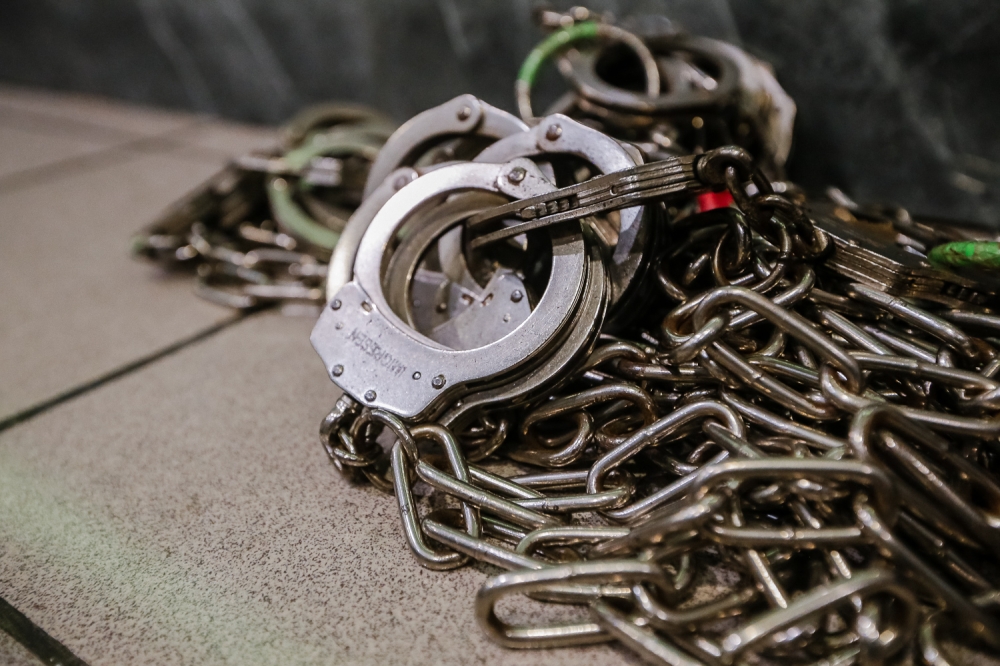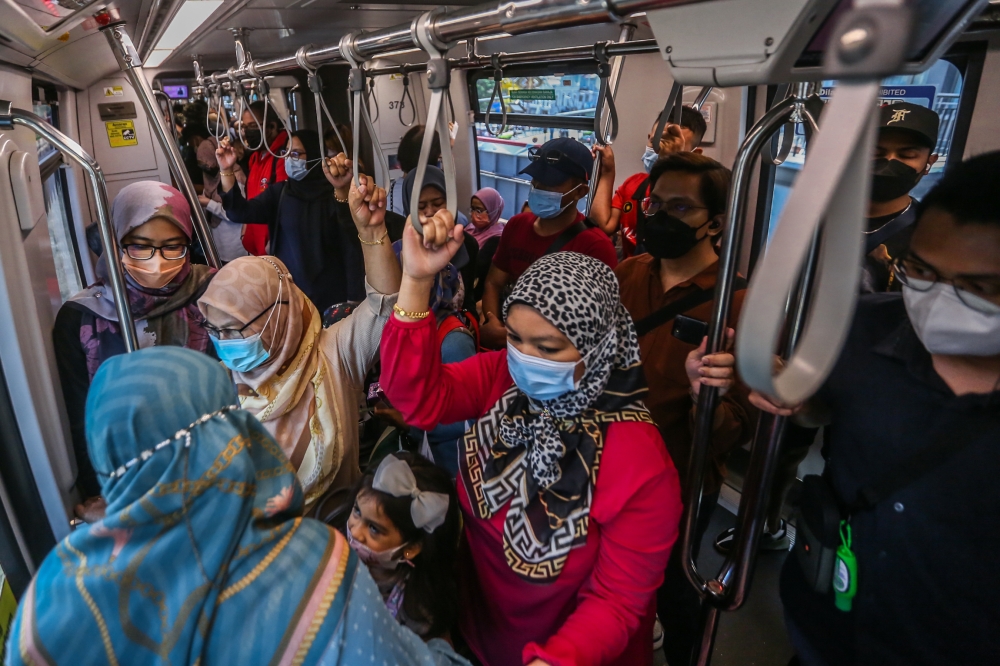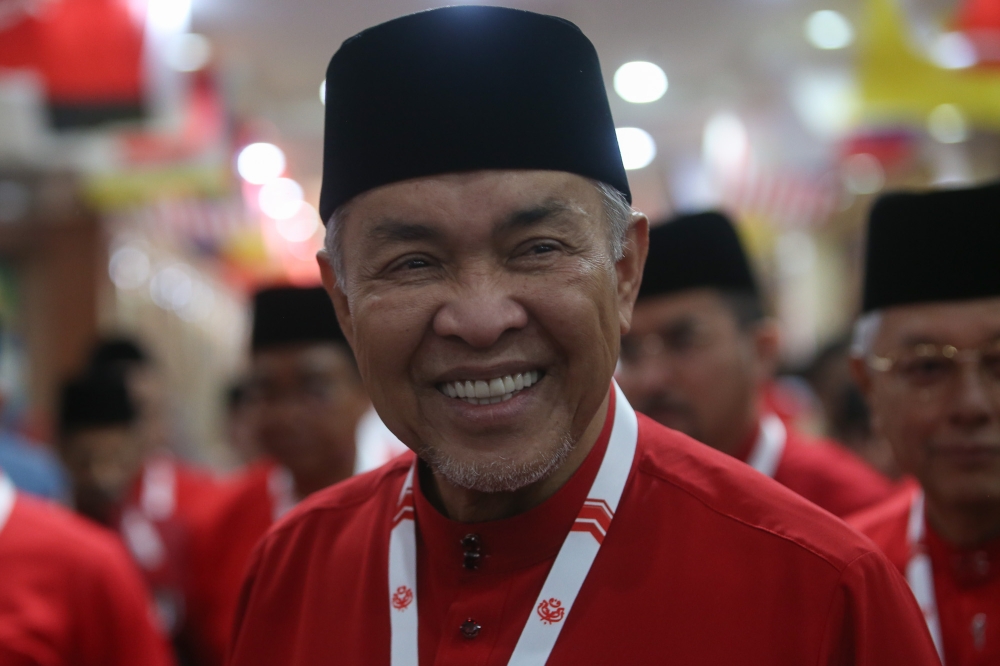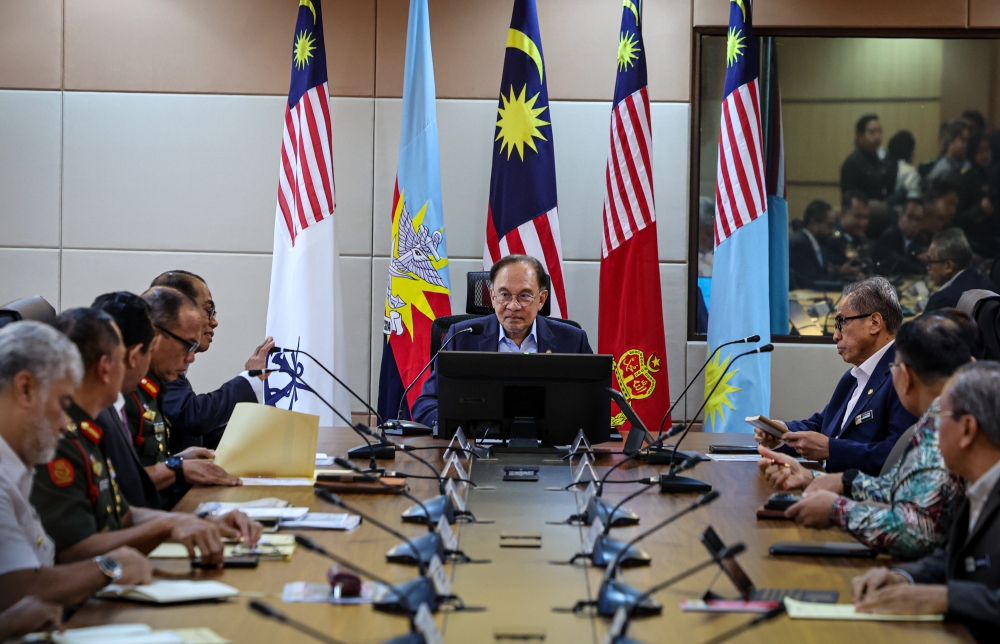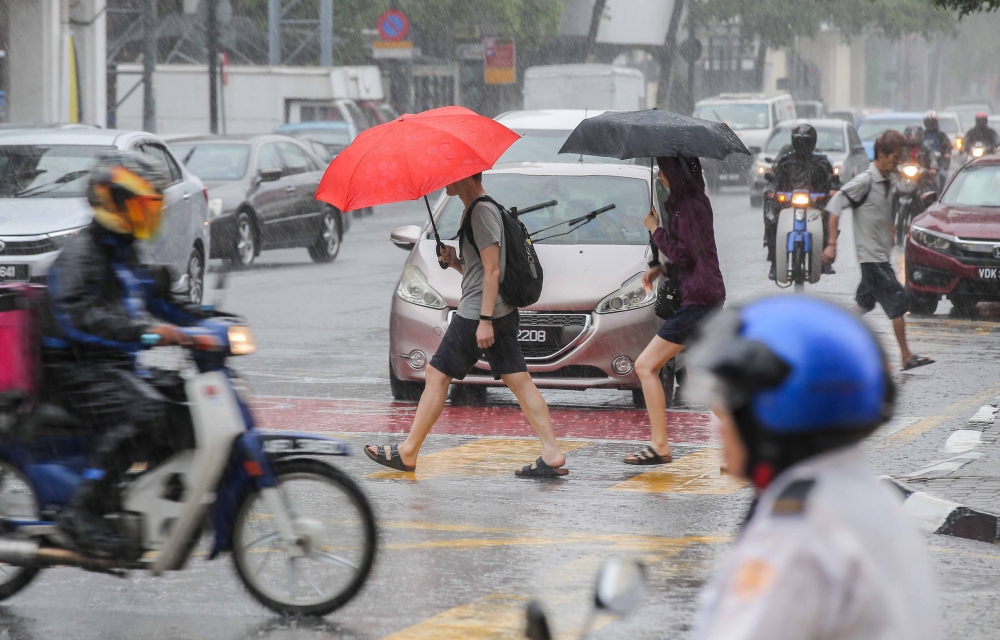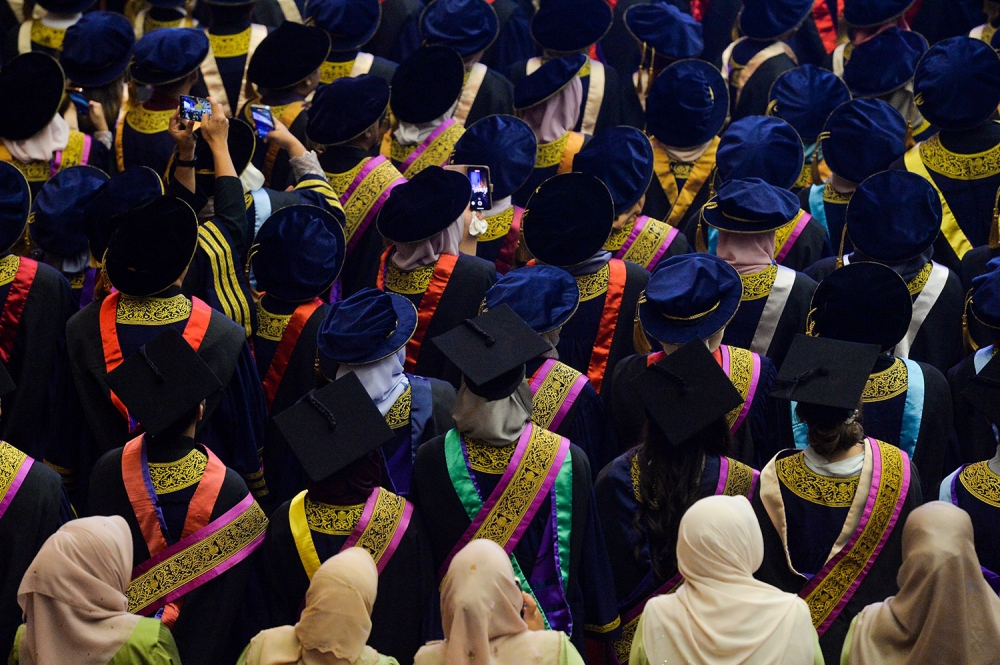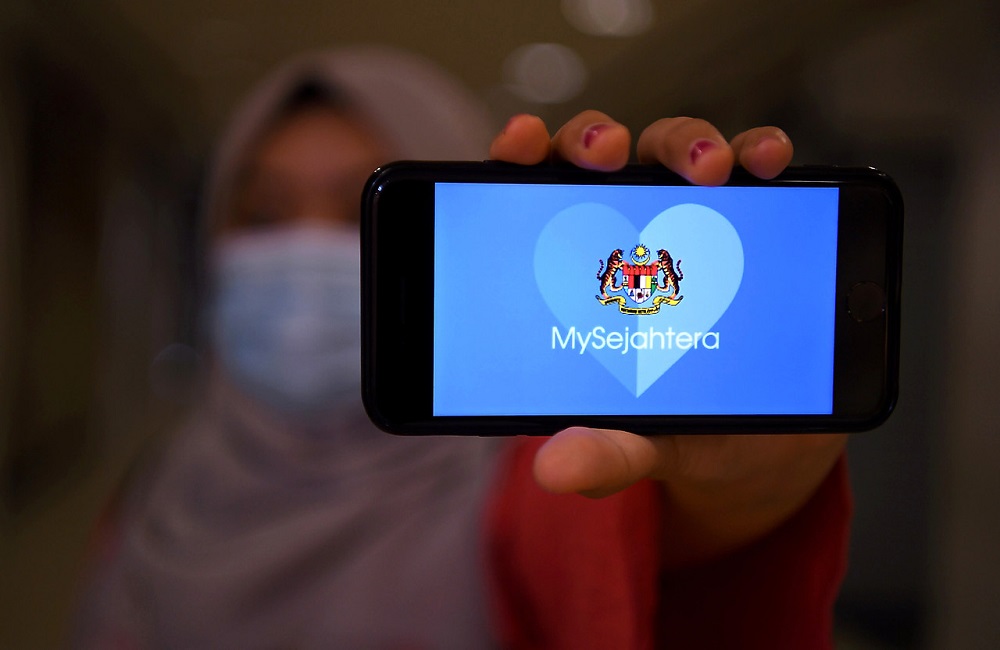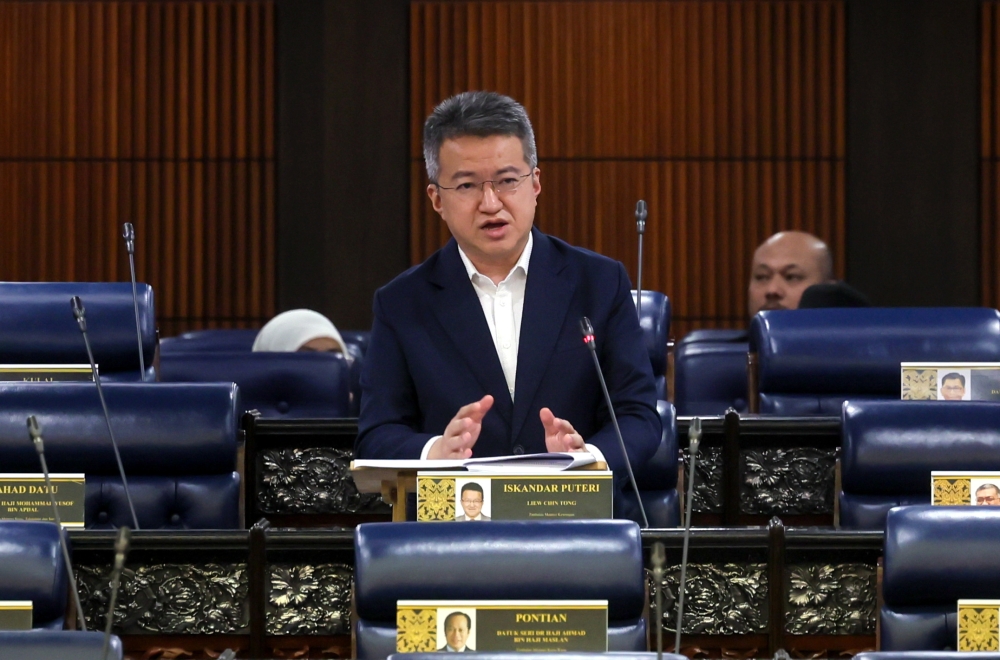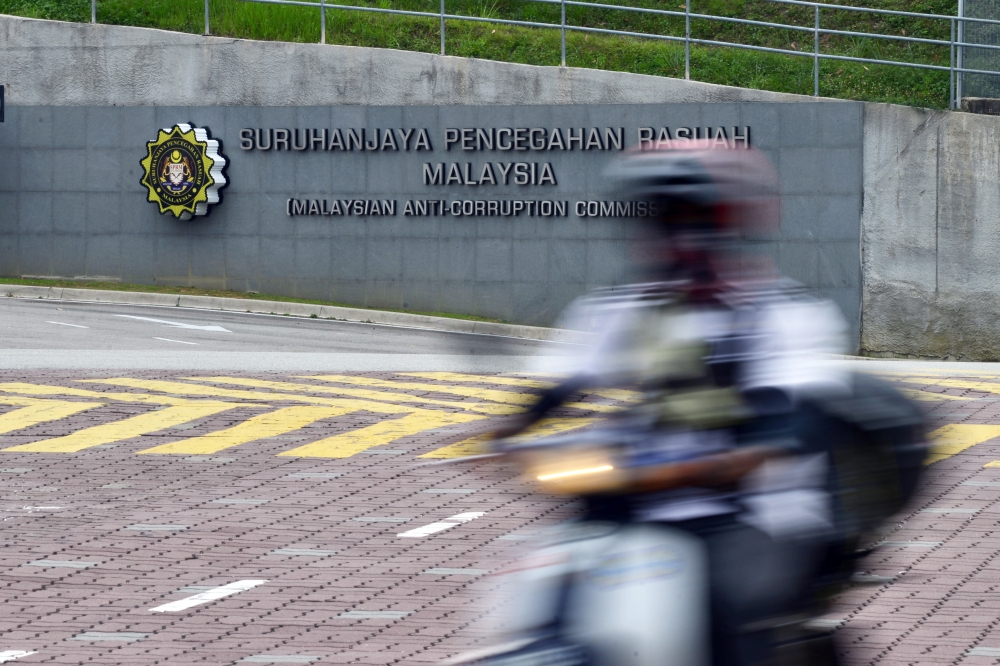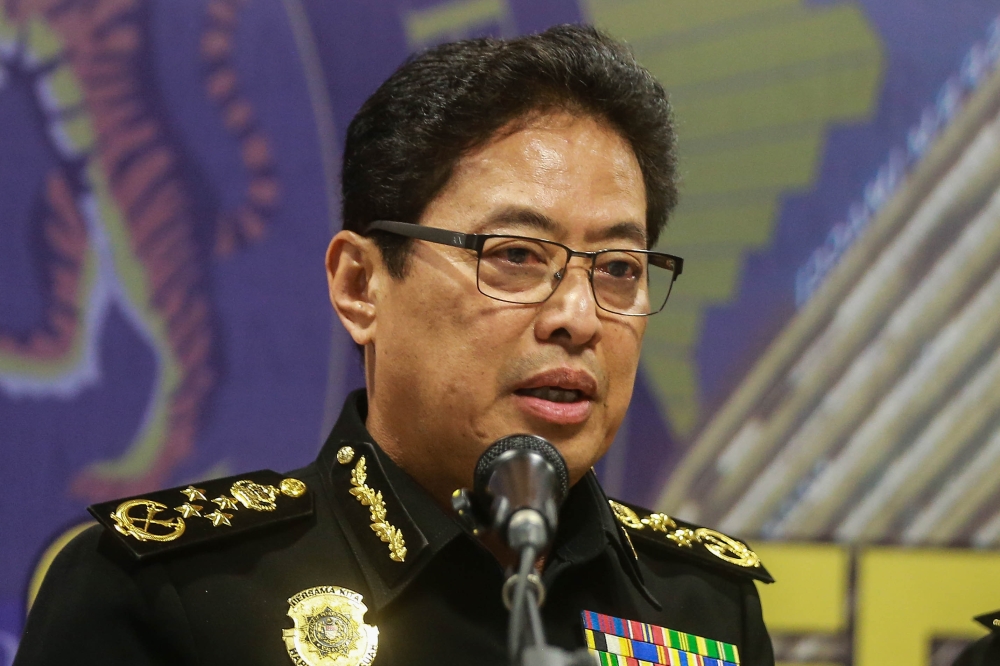KUALA LUMPUR, July 1 — The National Security Council (NSC) today clarified the identity of the MySejahtera smartphone app developer; KPISoft Sdn Bhd, saying that the company is a Malaysian firm that has made a name for itself internationally.
NSC’s statement came on the heels of criticism from the Malaysian Association of Bumiputera ICT Industry and Entrepreneurs (NEF), which had earlier today accused Putrajaya of sidelining them, allegedly favouring Western-based companies instead of local ones.
MySejahtera is the federal government’s tool to track the Covid-19 outbreak here.
“KPISoft is a local company with the MSC (Multimedia Super Corridor) status, founded in 2010. The founders of this company include two Malaysians, who are Anuar Rozhan and Raveenderan Ramamoothie. They are the biggest shareholders of the company till this day,” NSC said.
It explained that the company had made a name for itself globally, with offices in Asia Pacific, the US, Middle East, Europe, Singapore and India, adding that it runs offices in 15 countries currently.
NSC said that KPISoft had developed under the guidance of the Malaysian Digital Economy Corporation (MDEC) since its formation in 2010, in line with MDEC’s objective to develop local companies to expand internationally.
“This company is among local companies which had succeeded in expanding at the global level. The applications developed by this company are also used by Fortune 500 listed companies. Even though this company has expanded globally, KPISoft’s main management team is still based in Malaysia.
“Anuar Rozhan is the CEO of KPISoft Malaysia and Asia Pacific. Apart from that, Its global chief financial officer and application development lead architect are also Malaysians who run their global operations from Malaysia,” it said.
The NSC added that the development of MySejahtera began after the Ministry of Health (MOH) had asked for assistance from the National Cyber Security Agency (Nacsa), NSC, and the Malaysian Administrative Modernisation and Management Planning Unit (Mampu) to assess an app developed by KPISoft, on a corporate social responsibility basis (CSR), to be made into a national-level app to monitor the Covid-19 spread here.
It said that the evaluation by Nacsa, NSC, and Mampu found that the application developed by KPISoft was the readiest for national implementation, when compared to others offered to the government at that time, taking into consideration MOH’s desperate need for the technology.
In a press statement yesterday, the NEF gave the example of MySejahtera, that it said was developed by KPISoft which is based in the US, instead of a local firm.
NEF also gave a few other examples while citing that there are Malaysian firms and even students with very good track records in developing digital applications, but was not selected or invited from the get-go to help the government in developing its own technology.
The group’s president Khairil Iszuddin Ismail gave another example of alleged favouritism involving the Ministry of Education.
“The ministry recently launched the DELIMa (Digital Education Learning Initiative Malaysia) website, where local solutions and digital content was not put forward,” said Khairil.
Another example he gave was the development of Perkeso’s MyFutureJobs website using Dutch technology.
Khairil pointed out that it is improper for foreign companies with tremendous capital benefiting from government and public funds while local firms are struggling to survive with limited capital but have the capacity to deliver equivalent products.
“Local firms have proven their capabilities in community projects. Some of them include the CoronaTracker which was developed through crowdsourcing and local volunteers who did not receive any remuneration.
“MyBanjir was also developed by local unpaid volunteers through crowdsourcing to assist with the Kuala Krai floods not too long ago. DATA8 Sdn Bhd had also quickly volunteered their service to develop a Covid-19 screening record system for the Sungai Buloh Hospital.
“Another is Datang.my which was developed by Uniten students who donated the system to be used by schools for free to record school attendance while placing high priority on privacy in the era of Covid-19,” said Khairil.
The association head then claimed that there are locals determined to bring in foreign competitors and eliminate local firms while being backed by the government or political ties.
He argued that it was Putrajaya’s duty to defend local industries and develop Malaysia’s own ICT firms and made a few proposals and demands to the government.
Some of their demands included to conduct a more comprehensive due diligence process where local companies are given priority; engagements with local firms first from the earliest phases on constructing/developing products, and solutions for the public instead of just being an “afterthought”.

